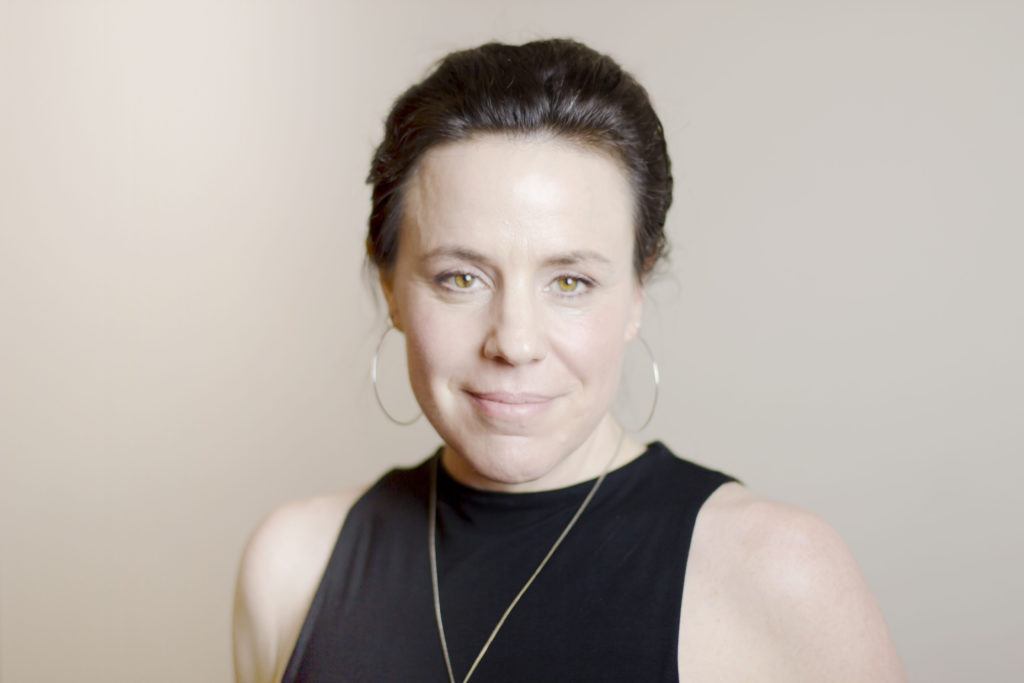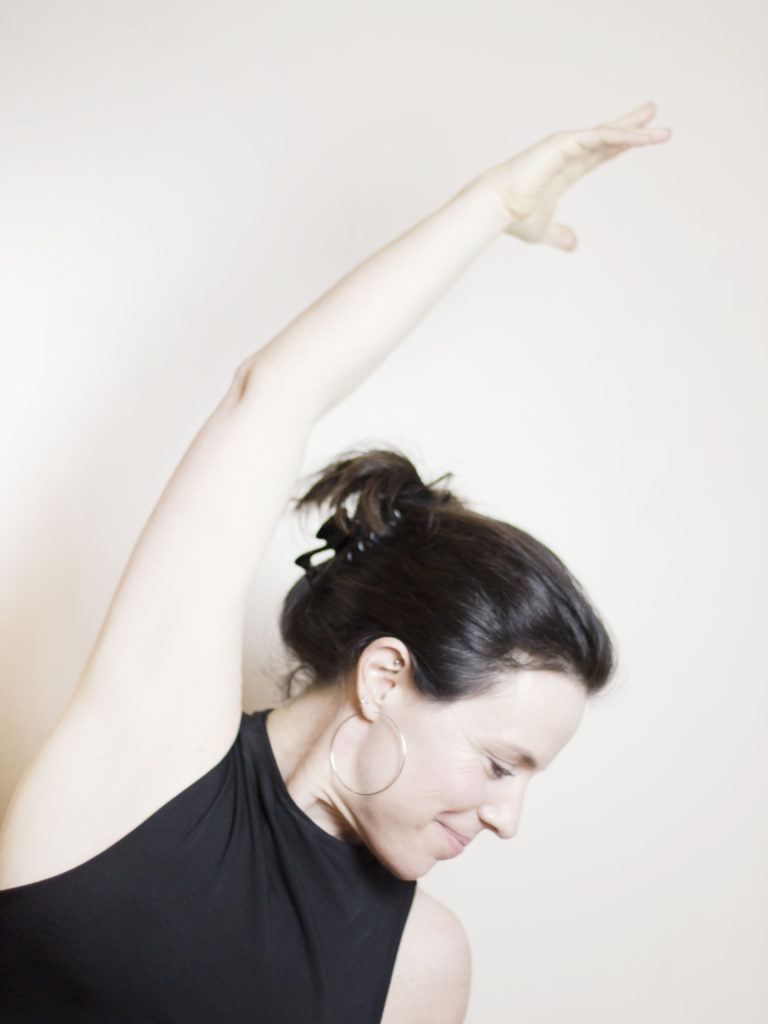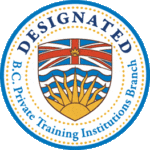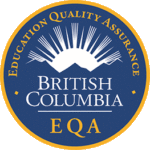If you’re looking to move forward in your journey as a yoga instructor and delve deeper into the healing possibilities of yoga, integrating a trauma-informed approach through yoga therapy training could be right for you.
Today, we’re in conversation with Nicole Marcia, a faculty member at Vancouver School of Healing Arts (VSOHA) who first realized yoga’s potential to regulate her nervous system in the aftermath of a violent sexual assault. She completed her teacher training in 2007, and her Master’s Degree in Yoga Therapy Studies in 2010. Today, Nicole is a certified Trauma Center Trauma Sensitive Yoga Facilitator (TCTSY-F), in addition to being a Certified Yoga Therapist (C-IAYT).
Below, learn more about the practice and teaching of trauma-informed yoga from Nicole, and how VSOHA’s advanced Yoga Therapy Training Program can prepare students to work as trauma-informed yoga instructors.
What is Trauma-Informed Yoga?
If you’re considering yoga therapy training, understanding the difference between yoga and trauma-informed yoga can give you some insight into what this practice entails. “When we’re talking about a traumatic experience, sometimes what that can mean is one’s nervous system is dysregulated, and the primary way that you deal with somatic dysregulation is through a somatic approach,” says Nicole.
In trauma-informed yoga, “there are breathing practices that can support the regulation of the autonomic nervous system, and there are ways of understanding how to apply the different forms of practice – the different asana – in order to also support the regulation of the autonomic nervous system.”
Nicole goes on to explain that “trauma-informed yoga emphasizes the idea of choice, supporting students to understand that they have choices regarding what they do with their bodies. Because choice is something that gets taken away in the midst of a traumatic experience, that choice aspect is really important.”
Lastly, trauma-informed yoga teaches students to use their bodies as a means of self-regulation. “It gives students the why of what we’re doing, and how it might be helpful for them if they’re out in the world and they get activated and are struggling with anxiety. It empowers clients to use their own bodies as a resource independent of the teacher,” says Nicole.

Teaching Trauma-Informed Yoga: What You Should Know
As an instructor at VSOHA, Nicole shares some insight into what’s involved in the effective and safe instruction of trauma-informed yoga. “Being trauma-informed is not just a set of tools and techniques that you learn and follow,” she says. “You need to believe in the importance of autonomy and the empowerment of the client.”
Nicole also emphasizes the value of acquiring the skills to apply a trauma-informed approach, even for those who don’t decide to devote their practice as yoga instructors to supporting trauma survivors. “You can weave some aspects of trauma-informed practice not only into the yoga that you do but anywhere you show up in your life.”
“This isn’t just a set of techniques, it’s a way of understanding people and understanding relationships and honouring peoples’ experience,” she explains.
What to Expect After Earning a Yoga Therapy Certificate
If you’re wondering whether yoga therapy school is right for you, Nicole explains what VSOHA’s advanced yoga therapy training entails which sets it apart from the path to a more general yoga practice.
“At VSOHA, we see yoga teachers who are interested in something beyond a one-off class in a yoga studio. It takes a deeper dive not only into trauma-informed practice and the therapeutic relationship, but it takes a deep dive into other subjects.”
“One example is a course I teach called ‘Yoga Therapy and Mental Health,’” she continues. “Here we start to understand the conventional medical perspective of different psychological states, how yoga understands psychological distress, and then we also cover conventional medical perspectives of commonly diagnosed mental health conditions. Throughout the program, students are also expanding their knowledge of anatomy, understanding how to run a yoga therapy business,” says Nicole.

How VSOHA’s Yoga Therapy Training Prepares You for Success
Finding the right training program to earn your certification as a yoga teacher or therapist can be a challenge, but Nicole shares some things which make VSOHA’s program special.
“The courses are very experiential – so there are lectures but there’s also a really conscious culture within the school to ensure that there’s a lot of experiential work happening. There are case studies, group projects and opportunities to practice and feel things in one’s own body.” A combination of “information, integration and practice” is what defines this program, says Nicole.
Upon completion of the program, students also find more success in their careers, especially when it comes to running a private practice on their own time and space. “I think it gives a little more confidence and business understanding so that you can really develop your own vision of what you want to be doing in the world,” Nicole says. “It frees students up to realize what their true calling is and to bring that out into the world more thoughtfully.”
Inspired to earn your yoga therapy certificate?
Explore your options with the Vancouver School of Healing Arts!
Begin your journey in yoga therapy.
I’d like more information first.
I’d like to come see the school!
Am I eligible to enrol?
Read more yoga therapy stories.





